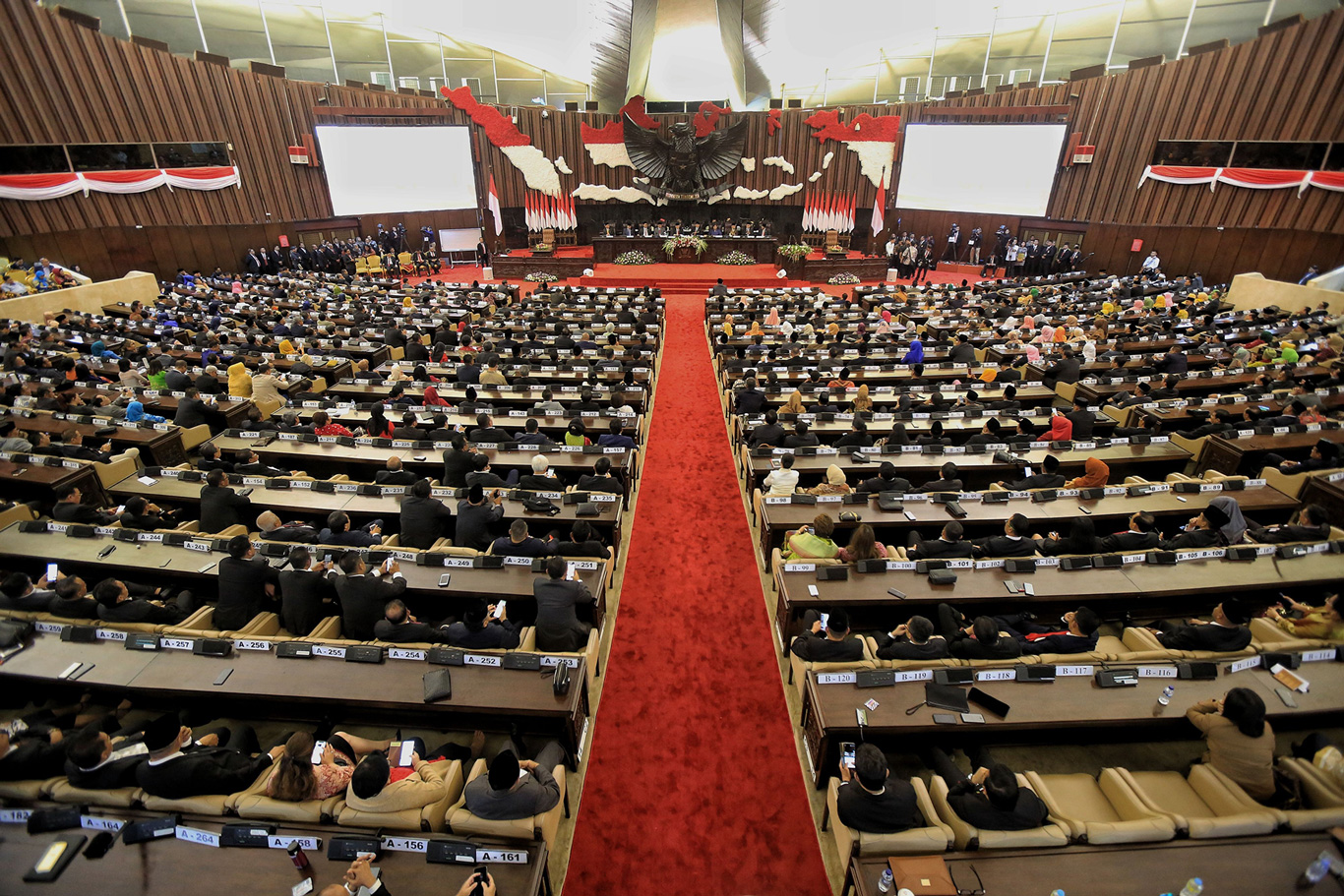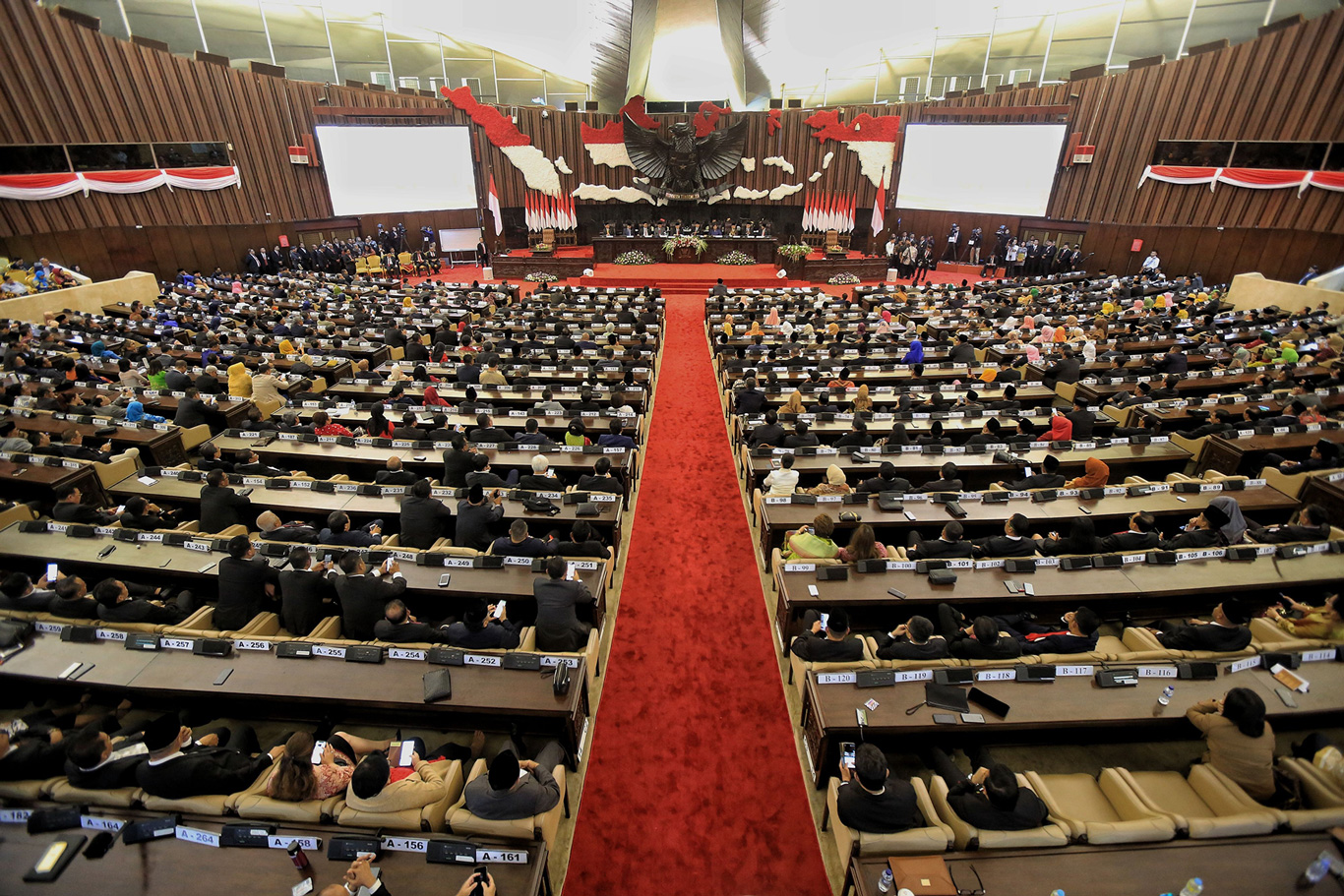Popular Reads
Top Results
Can't find what you're looking for?
View all search resultsPopular Reads
Top Results
Can't find what you're looking for?
View all search resultsChallenges of decentralization
We knew from history how the GBHN was being devised; it had never been designed nor discussed in consultancy with regional governments, let alone people on the ground. The guidelines had always been the top-down product of the MPR; it was exclusively devised and imposed by the elites.
Change text size
Gift Premium Articles
to Anyone
T
his year marks 20 years since the formal introduction of decentralization. Despite implementation starting in early 2001, legally the idea of having a much more decentralized authority began two years earlier with the passing of Law No. 22/1999 on local governments and Law No. 25/1999 on fiscal balance between the central and local governments.
Just like in many other countries, decentralization was initially designed to bring the government closer to the people, as Indonesia was ruled by autocracy with strong centralization for more than three decades. It was also introduced because of the vast and diverse nature of the country, with its sprawling archipelago and more than 500 regencies and municipalities — many of which are distinct in terms of language, ethnicity and customs.
For those reasons, the urge of having more deconcentrated power seemed inevitable once Indonesia set to democratize itself in 1998. The “Big Bang” decentralization, the term coined by World Bank economists, essentially denotes the radical shift that Indonesia experienced, from being one of the most centralized states to a very much-dispersed regional autonomy.
To be sure, the implementation of this system has been incremental. At the onset of its execution, the focus seemed to be less on politics than economic concerns. Law No. 22 lays out, for instance, the need for greater fiscal transfer from the central to regional governments. This led to a higher share of central government spending for regional governments to nearly double in 2000 to 2001.
The related Law No. 25 explains the entitlement of local governments to earn the so-called balancing fund to boost local development. In 2002, around 90 percent of regional revenue came from this balancing fund, which included the general allocation grant, special allocation grant and shared taxes. This reflects great reliance in terms of financing from regional governments to the central government.
However, it was not until recently that this fiscal transfer had become one impediment in our political system. Indonesia’s fiscal system is quite unique in the sense that it bypasses the role of provincial government in financing its regencies and municipality governments. On many occasions, this makes regents and mayors feel as if they do not need to work together with their governor in a respected province.
Worse, there is no hierarchical relation between provincial and regency or municipality-level governments.


















